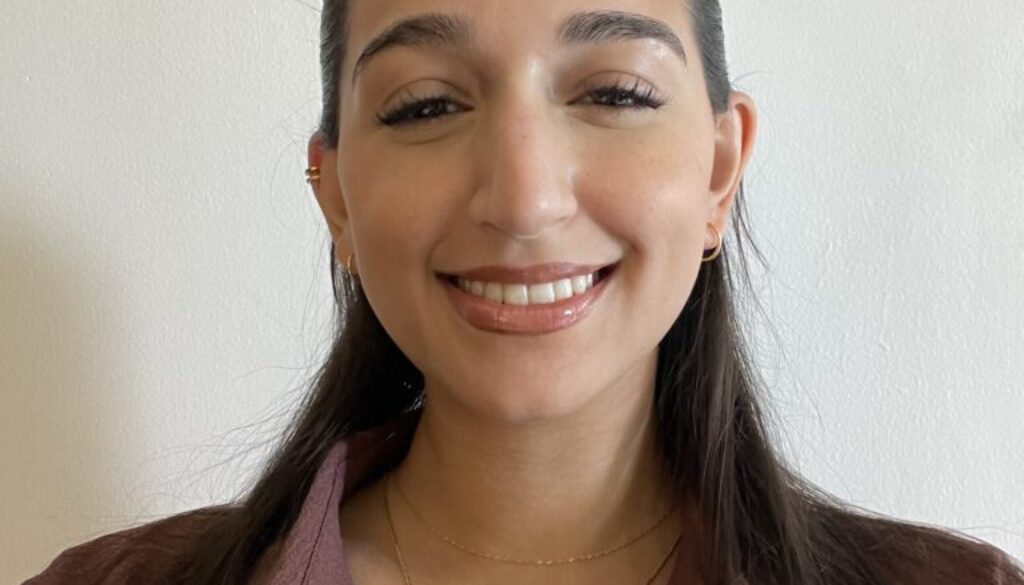Beyond the Diagnosis: Mental Health and Rare Diseases
For millions with rare diseases, the journey to understanding and managing their condition can be as challenging as the diagnosis itself. Rare diseases are more common than many realise – 1 in 17 individuals will be affected by a rare disease, with 3.5 million in the UK alone. Yet awareness and understanding remain low in both the public and medical communities. This lack of recognition often makes the journey physically, mentally, and emotionally exhausting.
Living with a rare disease usually means years of diagnostic uncertainty, frequent misdiagnoses, and isolation. The mental health impact on both patients and their families is profound, making it crucial for healthcare providers to recognise and address the emotional toll these conditions can take.
The Impact of Diagnostic Delays
Imagine going from doctor to doctor, knowing something is wrong but not getting any answers. For many with rare diseases, this is a harsh reality. Countless medical consultations, uncertainty, and incorrect diagnoses often leave patients helpless and distrustful of the healthcare system, feeling trapped in a cycle with no clear answers. This prolonged uncertainty takes a serious toll on mental health, with anxiety and depression frequently escalating as patients and their families grapple with the unknown. The constant cycle of medical visits and tests is not only physically draining, but also emotionally overwhelming.
The Emotional Toll of Living with a Rare Disease
Receiving a diagnosis doesn’t always bring the relief many hope for. Living with a rare disease often introduces numerous psychological challenges, with vulnerability, depression and anxiety often becoming daily realities. These feelings are driven by the chronic nature of the condition and ongoing uncertainty about what lies ahead. Social isolation often intensifies these feelings, as finding others who truly
understand the experience can be difficult. This isolation extends to families, affecting relationships, work-life balance, and social connections, creating a feedback loop that compounds both mental and physical health challenges for everyone involved. Frequent medical treatments, mobility issues, or changes in physical appearance add further strain, and in some cases, lead to suicidal thoughts, underscoring the importance of mental health support.
Compassionate, understanding care and awareness from healthcare providers can make a significant difference in helping patients navigate these emotional challenges. By acknowledging the mental health impact of rare diseases and offering consistent emotional support, healthcare professionals can help reduce feelings of isolation and vulnerability, giving patients and families the strength to cope with their condition and
its effects on their lives.
How Clinicians Can Make a Difference
Beyond medical care, healthcare providers can offer much-needed emotional and psychological support. A holistic approach means acknowledging the mental toll of the disease, offering resources or referrals to mental health professionals, and incorporating routine mental health check-ins to address issues early. Empathy and compassion are essential. Clinicians should take the time to learn about the specific rare diseases they encounter and understand the mental health challenges these patients face. By actively listening, validating patients’ experiences,
and fostering a supportive environment, clinicians can significantly improve patient outcomes.
As future doctors, medical students play an important role too. By seeking out opportunities to learn about rare diseases and their mental health impacts, students can better prepare themselves to support patients. Volunteering with rare disease advocacy groups, participating in patient support networks, and engaging in related internships or research can provide valuable insights. By embracing a patient-centred approach early in our careers, we can help create a more compassionate and understanding healthcare environment.
Aisha’s Story: Living with Morquio Syndrome
“Living with Morquio Syndrome, I have struggled with mental health issues for most of my life. I have been diagnosed with clinical depression, which has a significant impact on my rare disease. Being an Asian female, I have faced stigma within my communities, and there is a lack of understanding and awareness about my condition, especially in Leicester where I live. This lack of knowledge has led to misdiagnoses and a sense of isolation. Additionally, the distance between my metabolic specialists in Manchester and my home in Leicester has resulted in communication issues and a significant amount of time spent on managing my medical care.
This constant focus on my medical needs has taken a toll on my social life and mental well-being. I believe healthcare professionals must understand the impact of their attitudes and behaviours on their patients.”

Aisha’s story highlights the transformative impact that empathy and understanding can have. By integrating mental health support into every step of their care, healthcare providers can help make the journey for patients with rare diseases a little less isolating.




